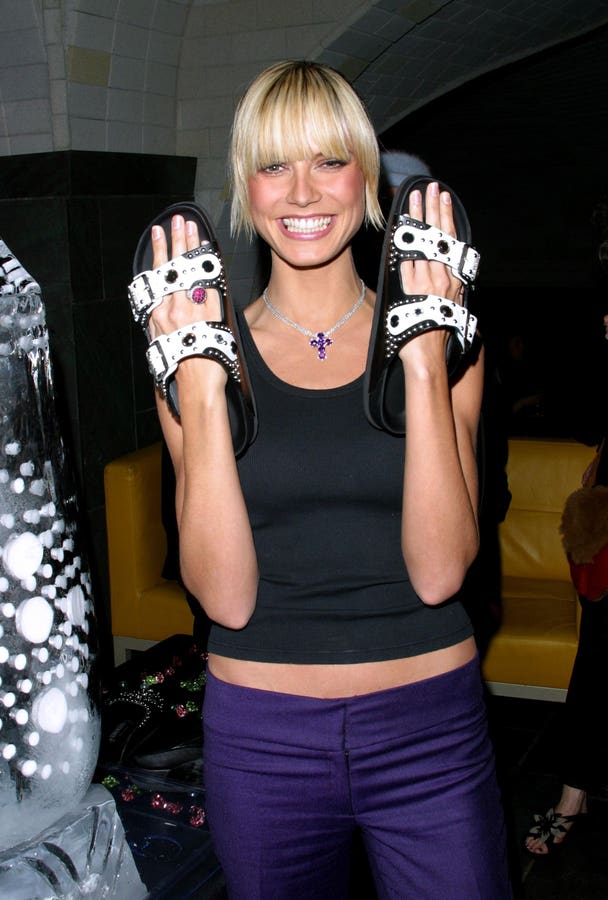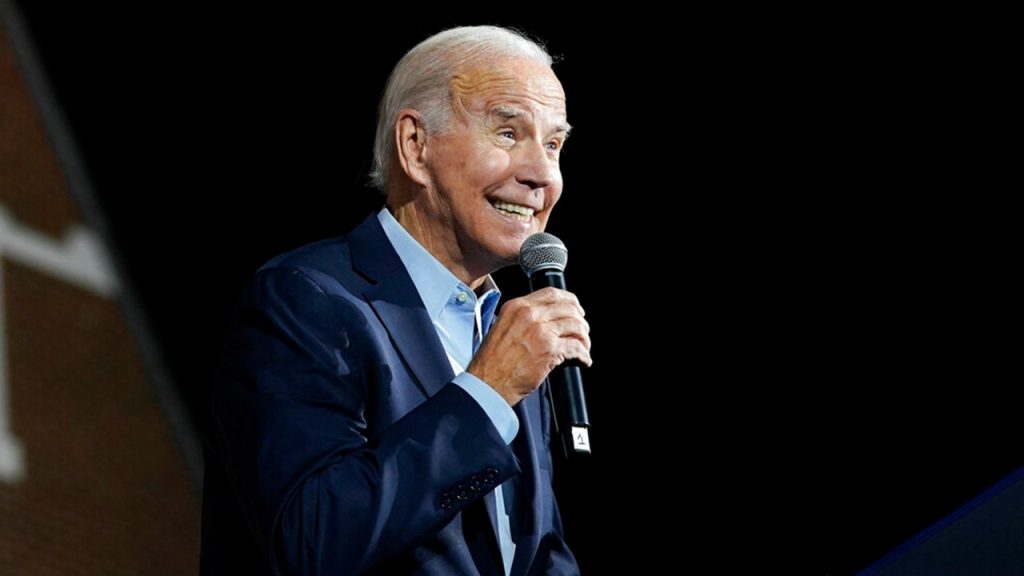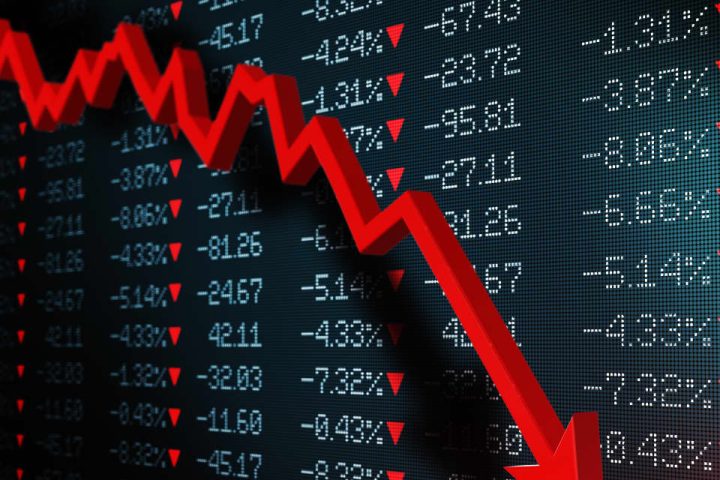Birkenstock, the nearly 250-year-old German shoe company, went public Wednesday and its shares fell 13%. Are the company’s shares now a bargain? What does this mean for the revival of the market for initial public offerings?
Here are three reasons not to rush into Birkenstock shares:
- Stretched consumers are not likely to pay up for its product.
- The sandal-maker’s high valuation is not justified by its business model.
- CEO Oliver Reichert has no prior experience running a U.S. listed shoe company.
The company’s post-IPO drop is not good news for the overall market. But the market could revive itself if there were more companies going public with expectations-beating growth potential.
Birkenstock’s Busted IPO
Birkenstock decided to set its IPO price high, and investors voted with their feet.
Perhaps Birkenstock’s leaders thought a recent upscaling of its brand would sway investors. While long known for “comfortable, orthopedic sandals,” the shoemaker and its private equity owner, L Catterton, collaborated with Dior and the Barbie movie producers to “raise the brand’s status,” the Wall Street Journal reported.
Birkenstock decided to set its price at $46 — in line with the valuation of premium brands such as Nike
NKE
This is not the outcome the shoemaker or its underwriters intended. “It is rare for large companies, especially well-known brand names such as Birkenstock, to sink on their first day of trading. It’s an outcome issuers and their underwriters assiduously try to avoid,” the Journal wrote.
Stretched Consumers Put A Lid On Birkenstock’s Growth Potential
Investors found two reasons not to accept Birkenstock’s optimistic view of its growth potential.
First, analysts warned Birkenstock’s aim to expand into Asia and the U.S. would be challenging due to “a cost-of-living crisis” leading consumers “to rein in spending on fashion items,” according to The New York Times.
Some stock analysts and fund managers said “they saw the company’s [valuation target] as rich against the backdrop of a choppy stock market and questions about the health of the U.S. consumer,” the Journal reported.
Secondly, recent shoe company IPOs now trade below their offering prices. These include:
- Allbirds down 96% since its November 2021 IPO at about $26 a share.
- Dr. Martens down 75% since its February 2021 IPO at $6.30 a share.
- On Holding down 37% since its September 2021 IPO at roughly $39 a share.
Recent Growth Is Too Sluggish To Justify High Valuation
To be fair, Birkenstock has enjoyed double-digit growth and has boosted its margins, which led one analyst to express optimism about the sandal maker’s potential. However, investors concluded the company did not deserve a premium valuation.
Birkenstock has grown profitably in recent years. Revenue grew at a 29.5% compound annual rate from $770.9 million in fiscal 2020 to $1.3 billion in fiscal year 2022. The company’s net profit rose by about $91 million within that time frame, according to its IPO prospectus.
Birkenstock shares began trading at an $8.6 billion market capitalization — way above that of peer companies — doubling the $4.3 billion L Catterton paid to acquire the company in early 2021. Birkenstock’s IPO valuation exceeded its peers: Allbirds, Skechers, Crocs, and Steve Madden, noted Barron’s.
Two analysts were comfortable with Birkenstock’s high valuation. Neil Saunders, managing director and retail analyst at research firm GlobalData, anticipated a strong IPO due to the company’s “good levels of growth” and “degree of confidence around the brand,” Barron’s noted.
Birkenstock was benefiting from the trend in casual post-pandemic workplace footwear and would enjoy growth from younger female customers. “The current growth is being driven by a younger, new consumer base and its rising popularity among celebrities – even Barbie has been spotted wearing Arizona sandals,” wrote Alex Smith, global sector lead at research firm Third Bridge. Smith noted the show maker could “expand sales outside of the U.S. and Europe.”
Other analysts are skeptical. David Trainer, CEO at investment research firm New Constructs, told Barron’s an $8 billion valuation would only be justified by tripling Birkenstock’s 2022 revenue to “more than $3.8 billion.”
Torch Capital’s founder and managing partner Jon Keidan does not anticipate growth for Birkenstock. “Birkenstocks falls into nice-to-have,” he told Yahoo Finance Live. “And if people are tightening their belts, that may be the type of purchase that they may not make [in] the next year or two.”
Trainer wrote in a research note last week, “We don’t see this happening anytime soon, if ever. BIRK looks more than fully valued and does not provide investors much upside potential,” Yahoo Finance Live reported.
I think investors are leaning toward the views of Trainer and Keidan.
Birkenstock’s CEO Has No Experience Running A Public Company
Can Reichert overcome investor doubts? He is “the creative mastermind behind our unique success and growth story, the driving force behind our transformation and innovation, and our supreme brand ambassador and brand custodian,” according to Birkenstock’s prospectus.
Yet he has no prior experience running a publicly traded shoe company. To be fair, he was a reporter and CEO of a German sports TV channel called Deutsches Sportfernsehen — which was renamed Sport1 following his 2009 departure, according to Crunchbase.
Birkenstock hired Reichert after a family scion in the business drank beers with him. According to Forbes, “Christian Birkenstock reportedly met Reichert after his art dealer brought him along while dropping off some paintings and the three ended up grabbing beers.”
While Reichert had worn Birkenstocks as a kid, he had no prior experience running a shoe company. Forbes reported Birkenstock helped Reichert by appointing “longtime employee Markus Bensberg” as co-CEO.
Reichert now has a chance to show the world how well he can run a publicly traded shoe company.
Will Birkenstock’s Falling Shares Hurt The IPO Market?
The IPO market is rebounding somewhat from an awful 2022. However, the rebound is mixed. Companies with growth potential are trading higher after their IPOs while shares of firms with less potential have lost ground.
How the IPO market has fallen. Traditional U.S. IPOs raised $85 billion in 2020, nearly doubled to $150 billion in 2021 and then falling 94% to $8.6 billion in 2022. So far in 2023, about $19 billion has been raised — “a third of which came from Arm, Klaviyo and Instacart,” the Journal noted.
While Instacart’s IPO has lost 17% of its value since going public, Klaviyo has held up relatively well — losing only 2% since its September IPO. The market’s message from Birkenstock’s broken IPO is to take public companies growing very rapidly with high growth potential — OpenAI comes to mind.
What’s Next For Birkenstock?
Birkenstock is bullish about its future. “Through the strong reputation and universal appeal of our brand — enabling extensive word-of-mouth exposure and outsized earned media value — we have efficiently built a growing global fanbase of millions of consumers that uniquely transcends geography, gender, age and income,” noted the company’s prospectus.
I think investors should wait a quarter or two before considering buying Birkenstock stock.
Read the full article here







